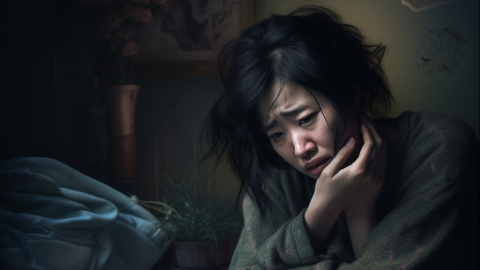Is depression treatable?
Generally, the difficulty of treating depression mainly depends on the severity of the condition. Mild depression has a relatively small impact on a patient's physical and mental health, and is easier to treat. However, moderate to severe depression significantly impacts the patient, potentially making it difficult to achieve complete recovery and carrying a risk of recurrence. A detailed analysis is as follows:

Mild depression typically presents as low mood, reduced interest, lack of energy, and similar symptoms, but these manifestations are mild and have minimal impact on daily life and work. Under a doctor's guidance, patients can regulate their emotions through psychotherapy, medication, self-adjustment, and other methods, achieving favorable treatment outcomes. Therefore, the treatment difficulty is relatively low.
Symptoms of moderate to severe depression are often more severe, possibly accompanied by persistent sadness, feelings of hopelessness, loss of interest, sleep disturbances, and decreased self-evaluation. Patients may lack sufficient energy to participate in daily life and work, making treatment more challenging. It is recommended that patients seek timely medical care and, under a doctor's supervision, use medications such as paroxetine tablets, fluvoxamine maleate tablets, or sertraline hydrochloride tablets. Hospitalization may be necessary in some cases.
Patients are also advised to maintain communication with family, friends, or psychological counselors to seek support and assistance when needed. Additionally, maintaining healthy lifestyle habits will aid in physical recovery.






